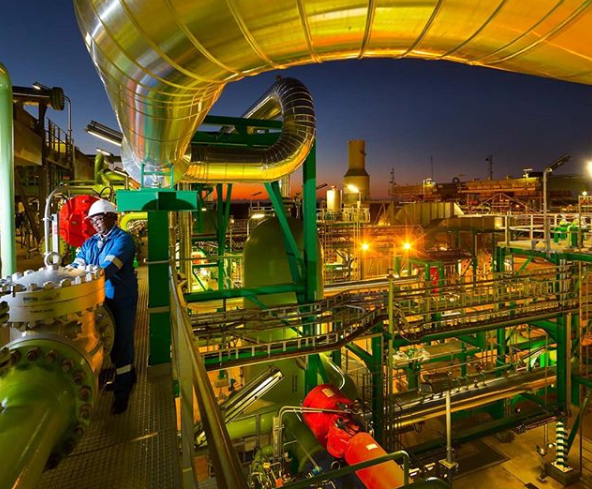
A Mozambique audit has raised concerns about upstream companies misstating recoverable costs, highlighting South Africa’s Sasol in particular.
The Mozambique Ministry of Economics and Finance published its general state accounts – Conta Geral do Estado (CGE) – and noted the results of audits carried out on recoverable costs. The audit work began in June 2019.
The CGE noted that recoverable costs for Sasol’s PSA Area, in 2017 and 2018, was overstated. Sasol reported $148.7 million as recoverable costs in 2017, while the audit found $50.5mn of this was not eligible. In 2018, the company reported $114.4mn as recoverable but $49.3mn was deemed ineligible.
The accounts highlighted some worries over Sasol’s contradictory reporting.
Sasol, in response, said the audit was ongoing. The results are preliminary and were issued in order to receive feedback. The South African company has submitted more information “in order to explain its contrary view of the preliminary findings”.
Once the audit has been completed, the Mozambique regulator will disclose the full report.
The audit also raised concerns about Areas 1 and 4, led by Total and Eni respectively. These blocks contain major gas finds and two LNG projects are under construction, with sanction for a third potentially coming in 2021.
Over three years, recoverable costs in Area 1 were reported as reaching $907.4mn, while $11.2mn were considered to be ineligible. Area 4’s recoverable costs were put at $1.0595 billion, of which $22.2mn were ineligible.
Recoverable costs allow the companies that have spent cash on their licences to recoup their expenditure when production starts.
The results of the audit come while Mozambique is facing fiscal difficulties. It expects revenues this year of 235.5bn meticais ($3.4bn), while spending will be 345.3bn meticais ($4.96bn).
In 2019, Sasol paid 1.4bn rand ($82mn) to Mozambique in taxes, up from 960mn rand ($56.5mn) in 2018. The company has said it intends to grow its upstream portfolio in the East African’s gas sector.
“Sasol is an ethical corporate citizen and we are committed to continue developing Mozambican hydrocarbon resources for the benefit of the country, its people and all stakeholders,” it said.
Updated at 12:15 pm on June 16 with response from Sasol.
